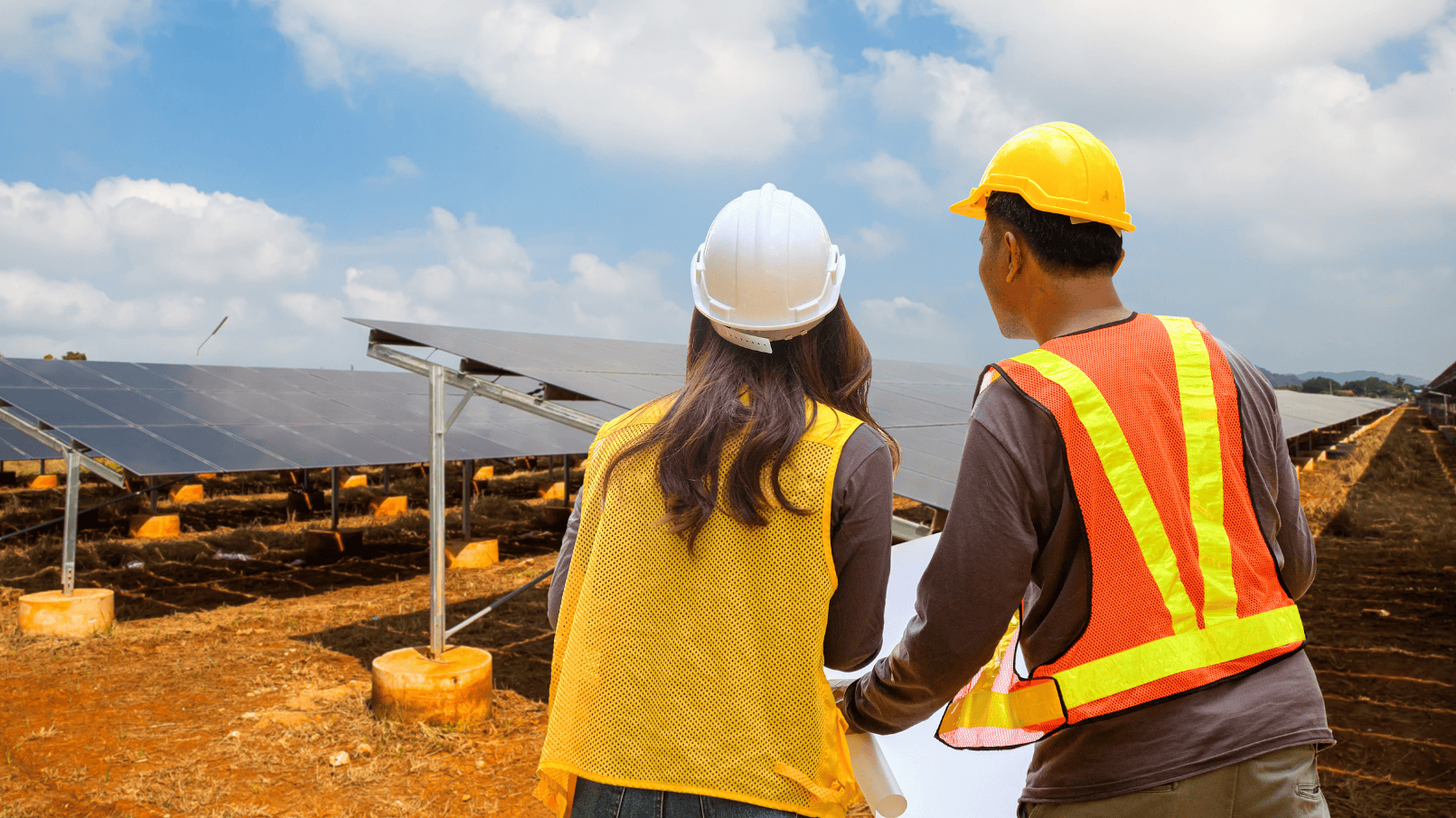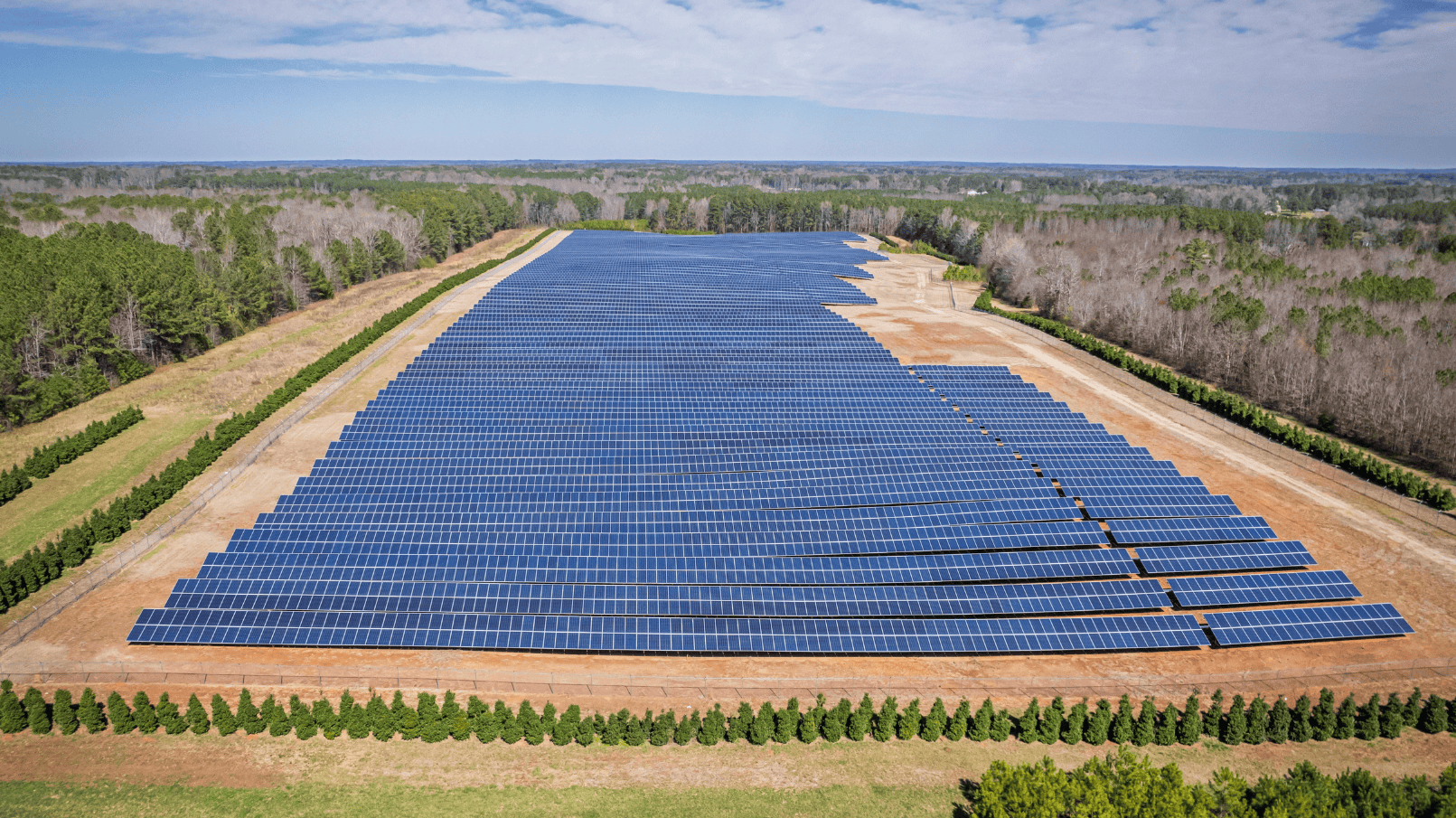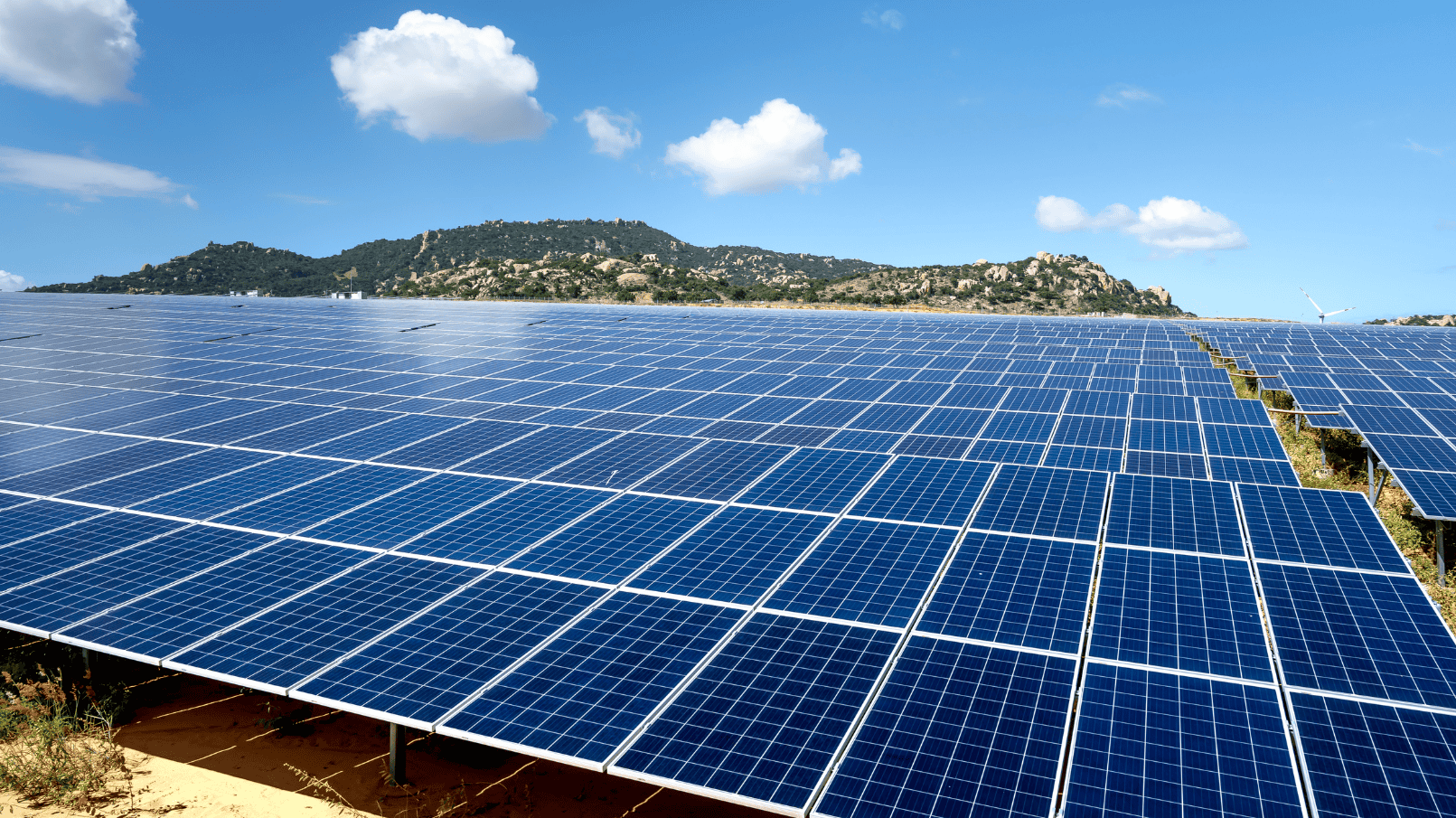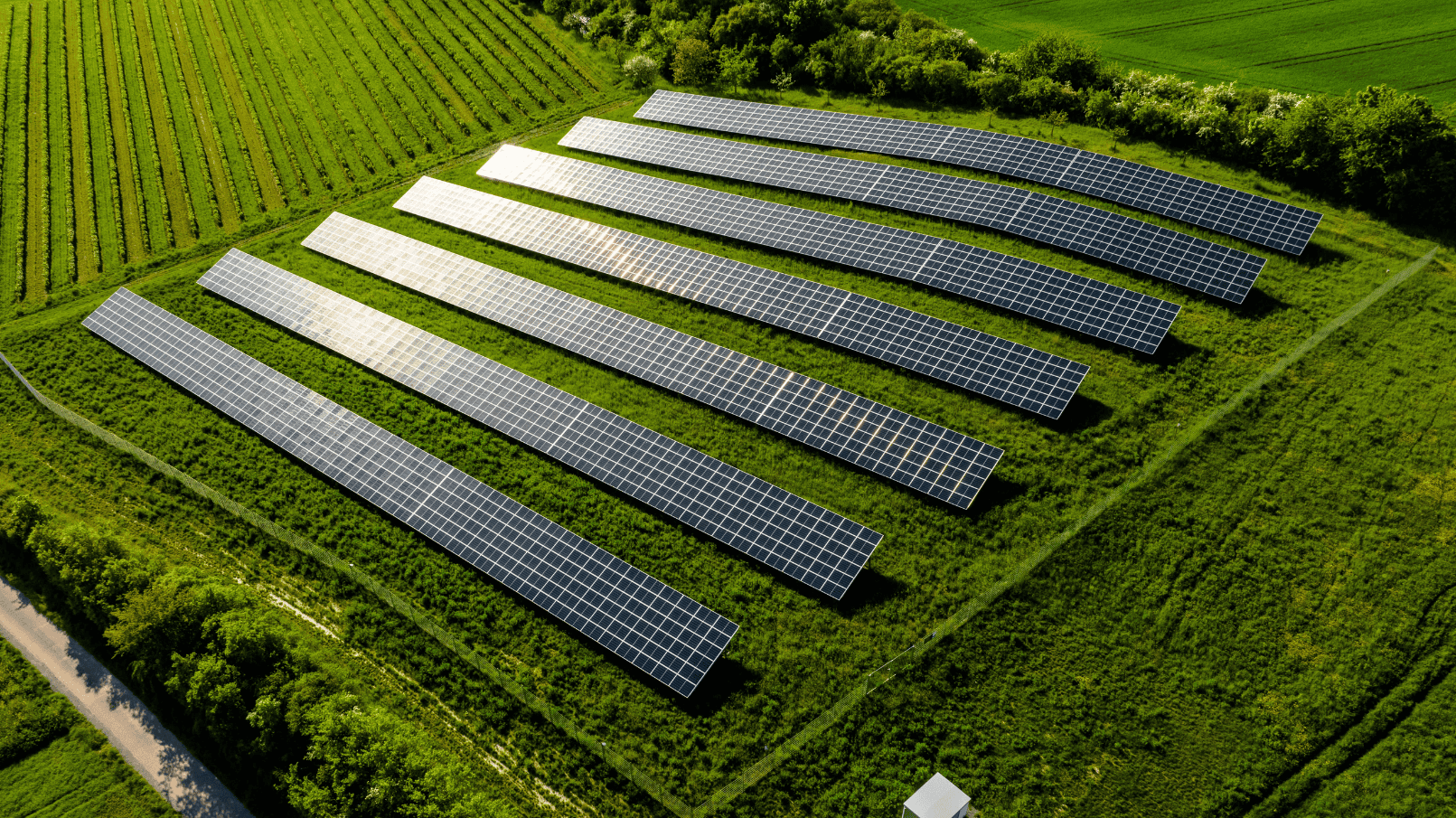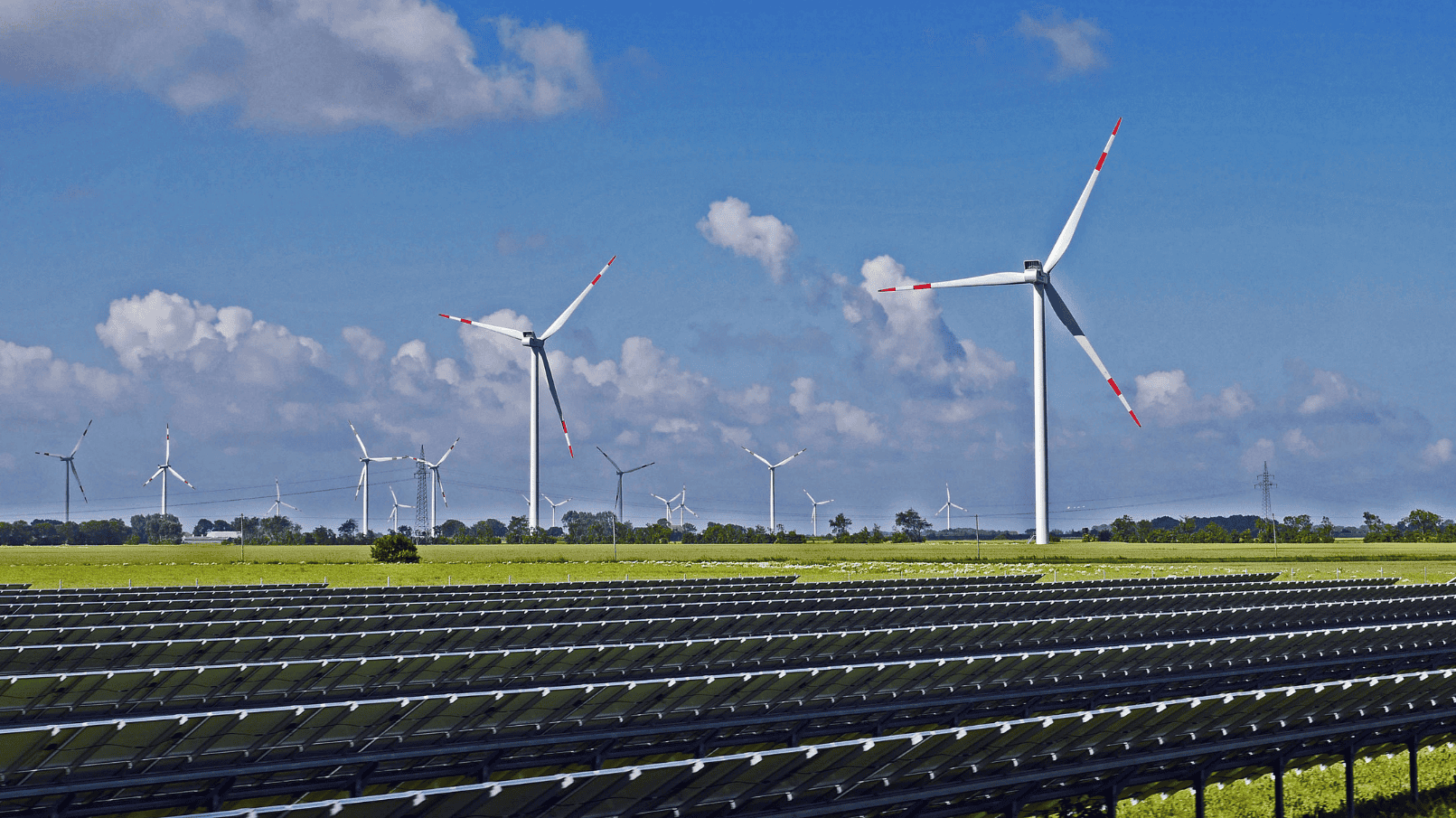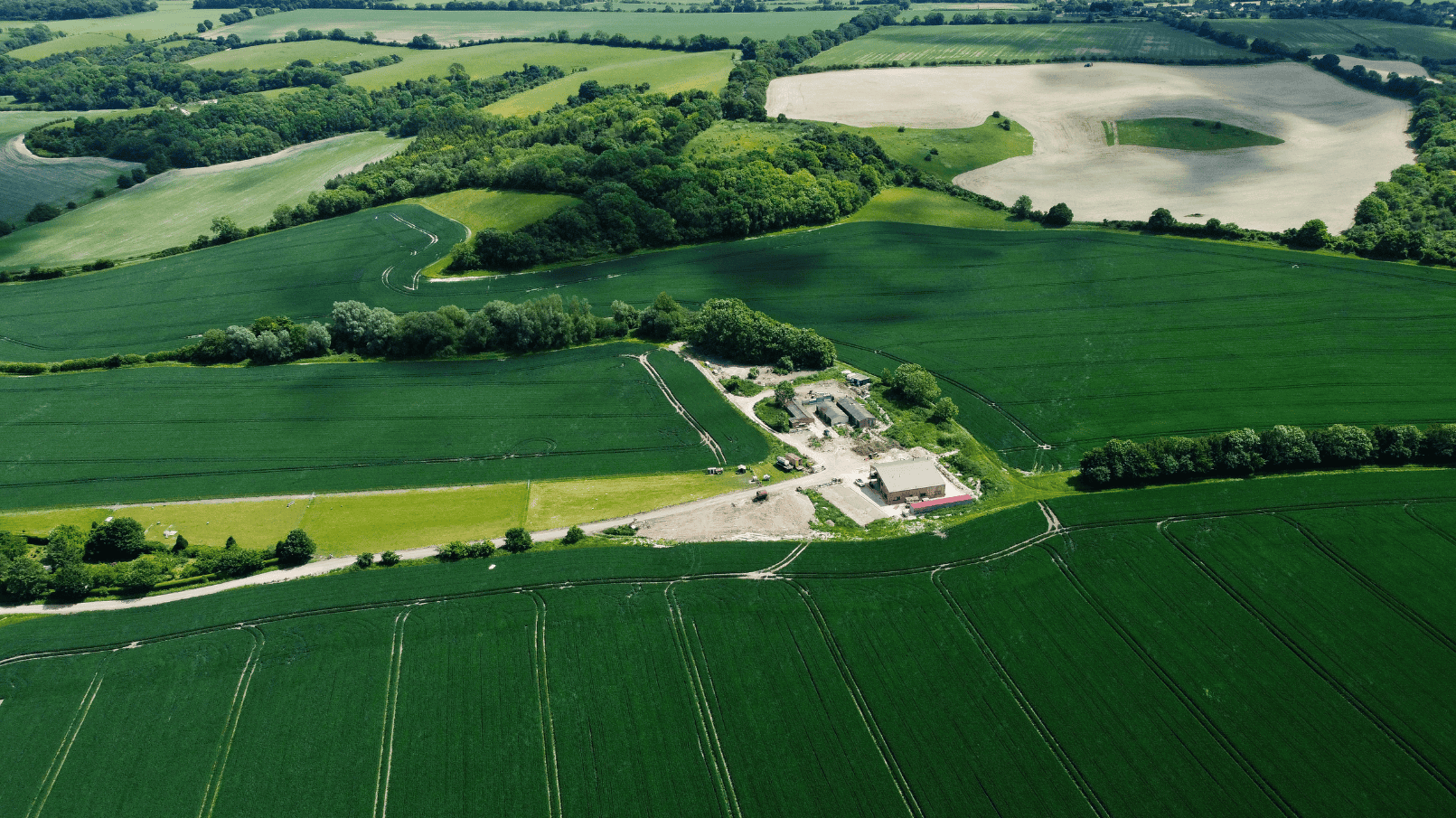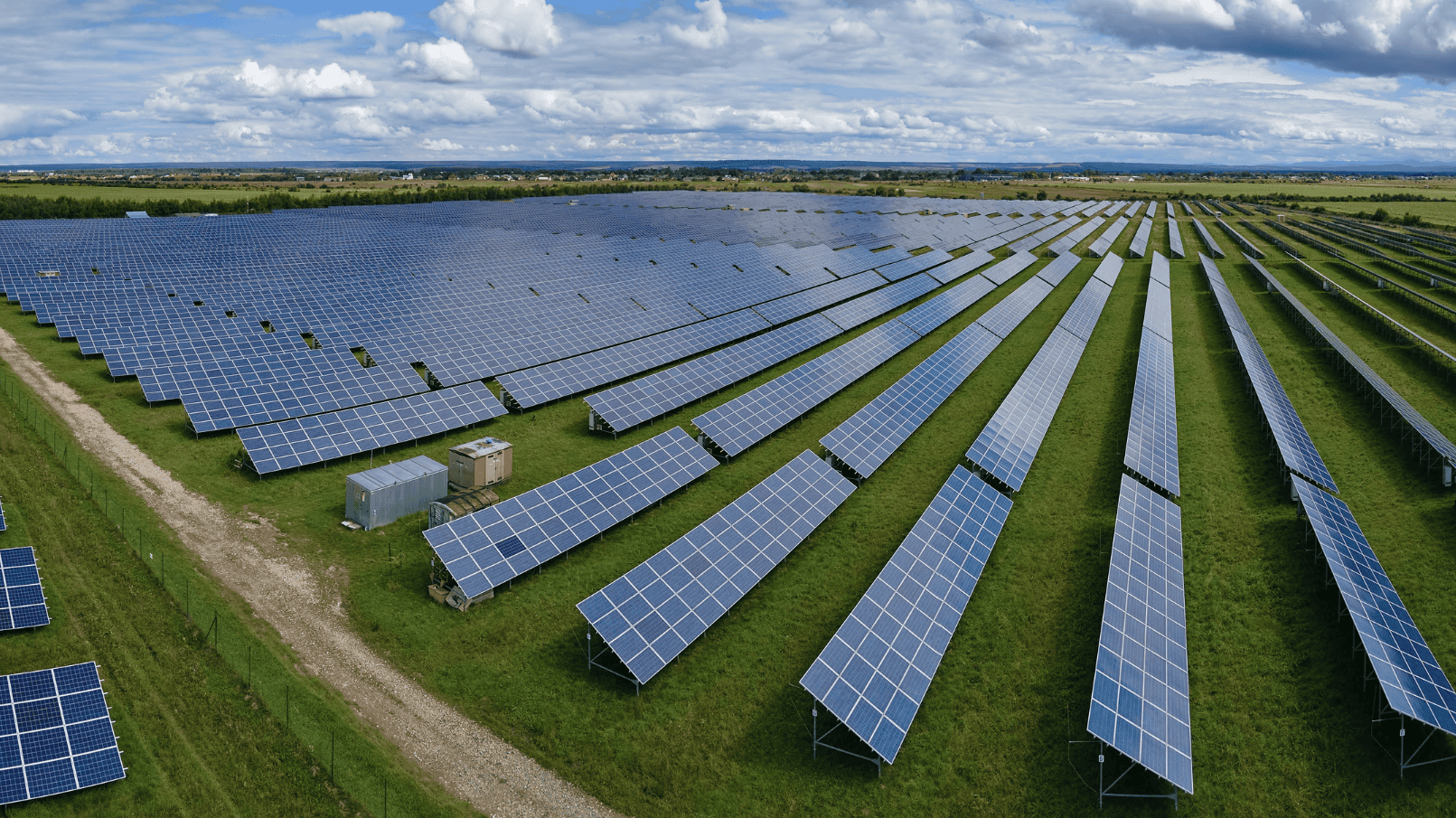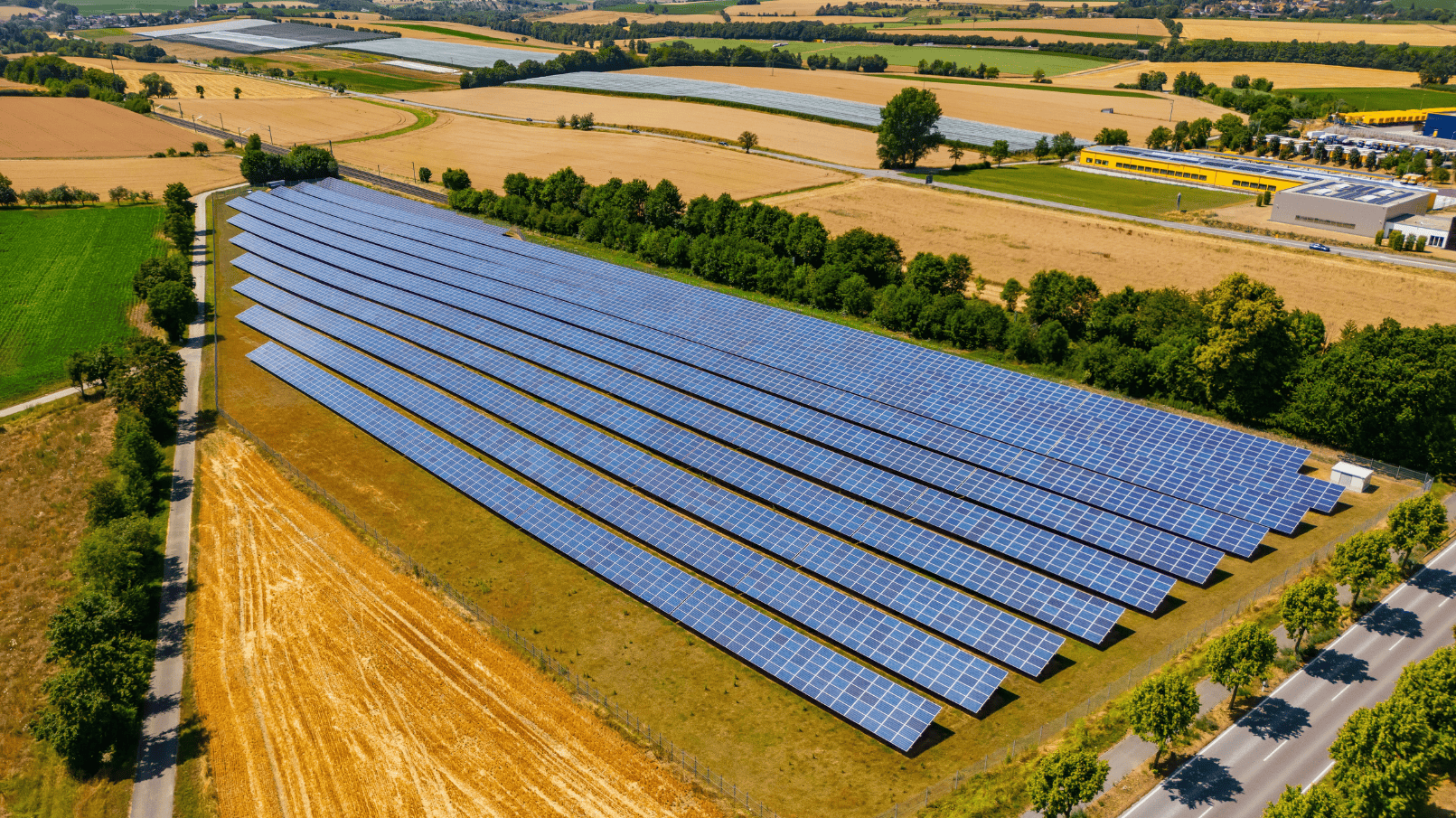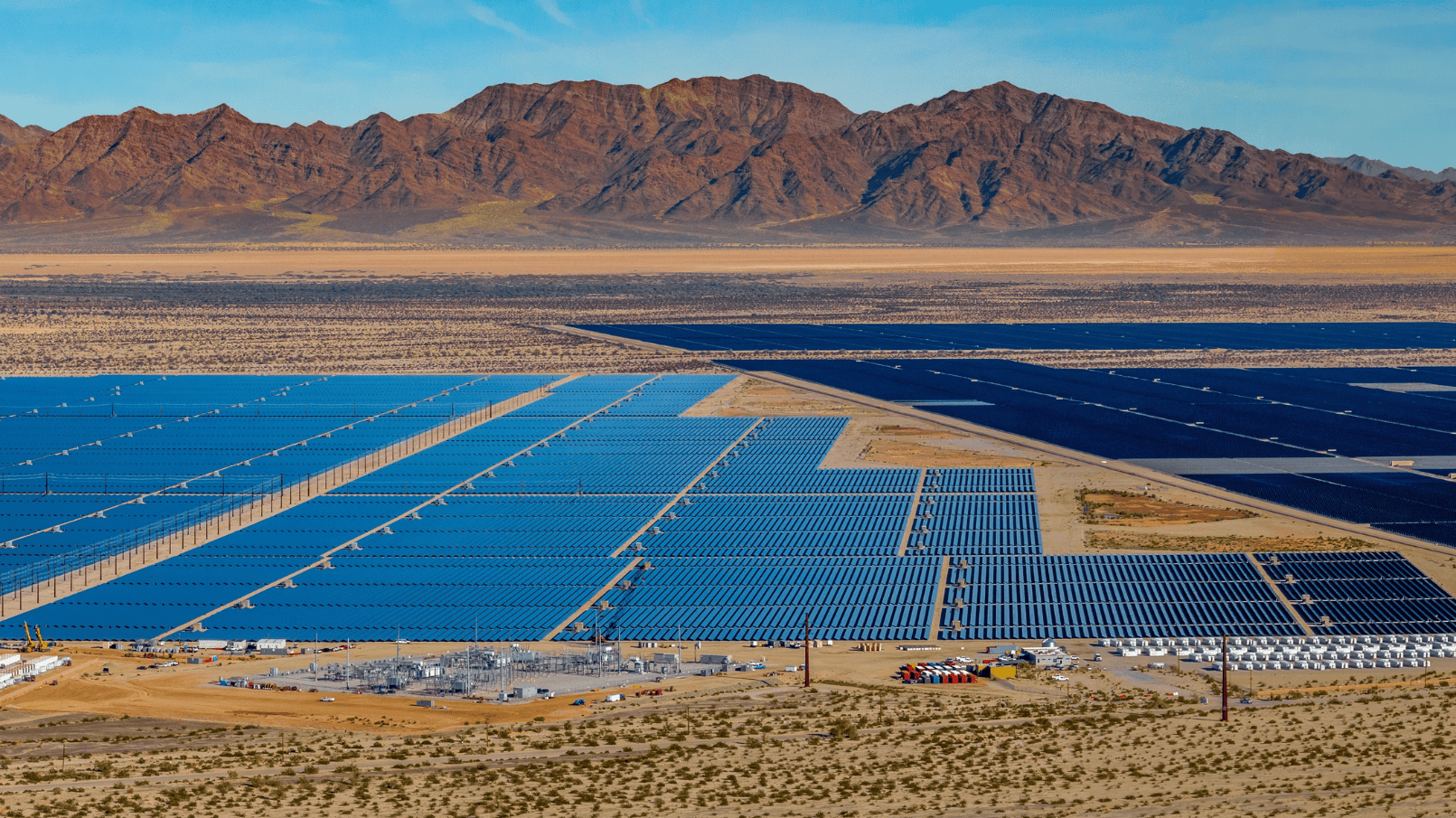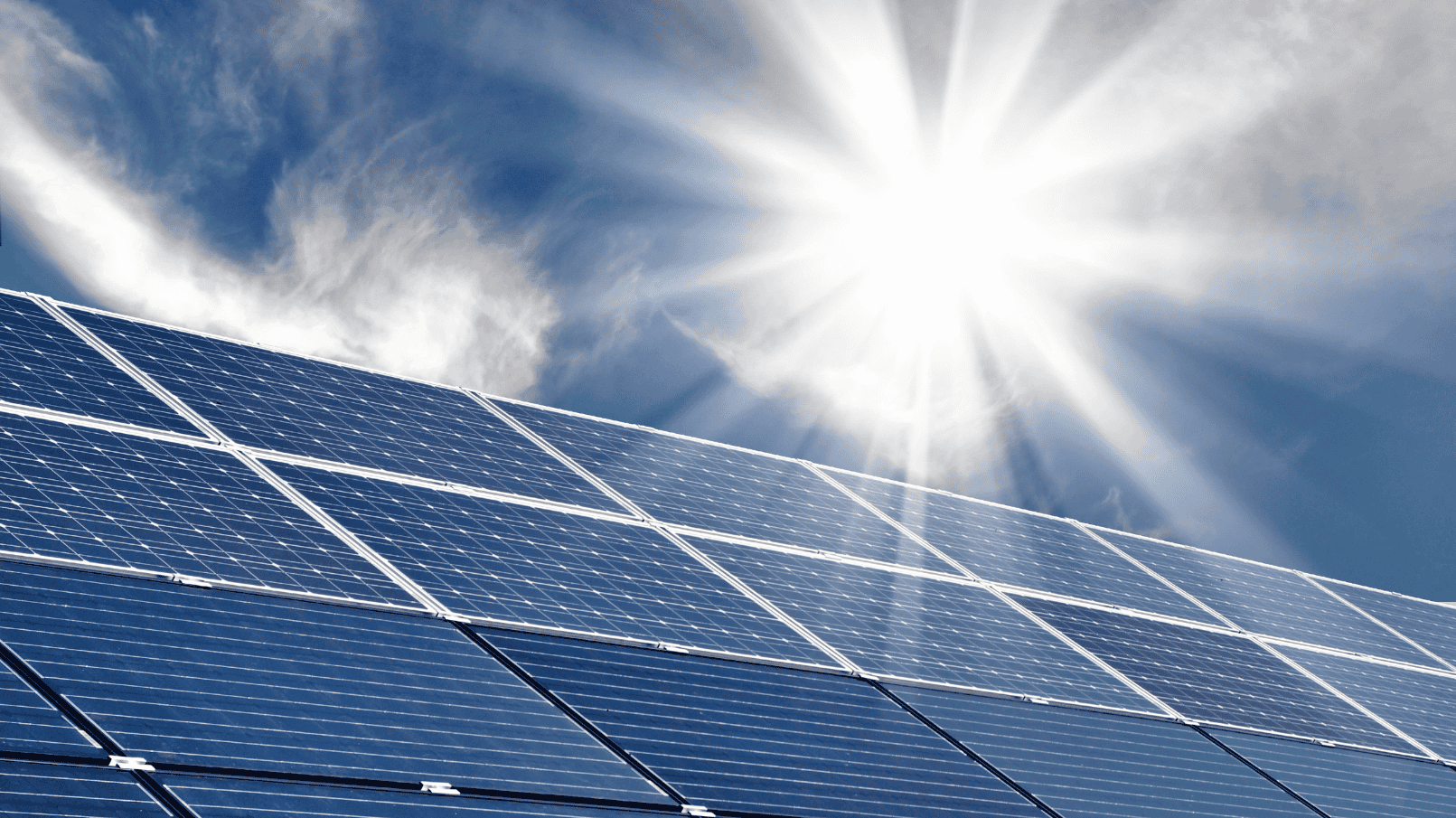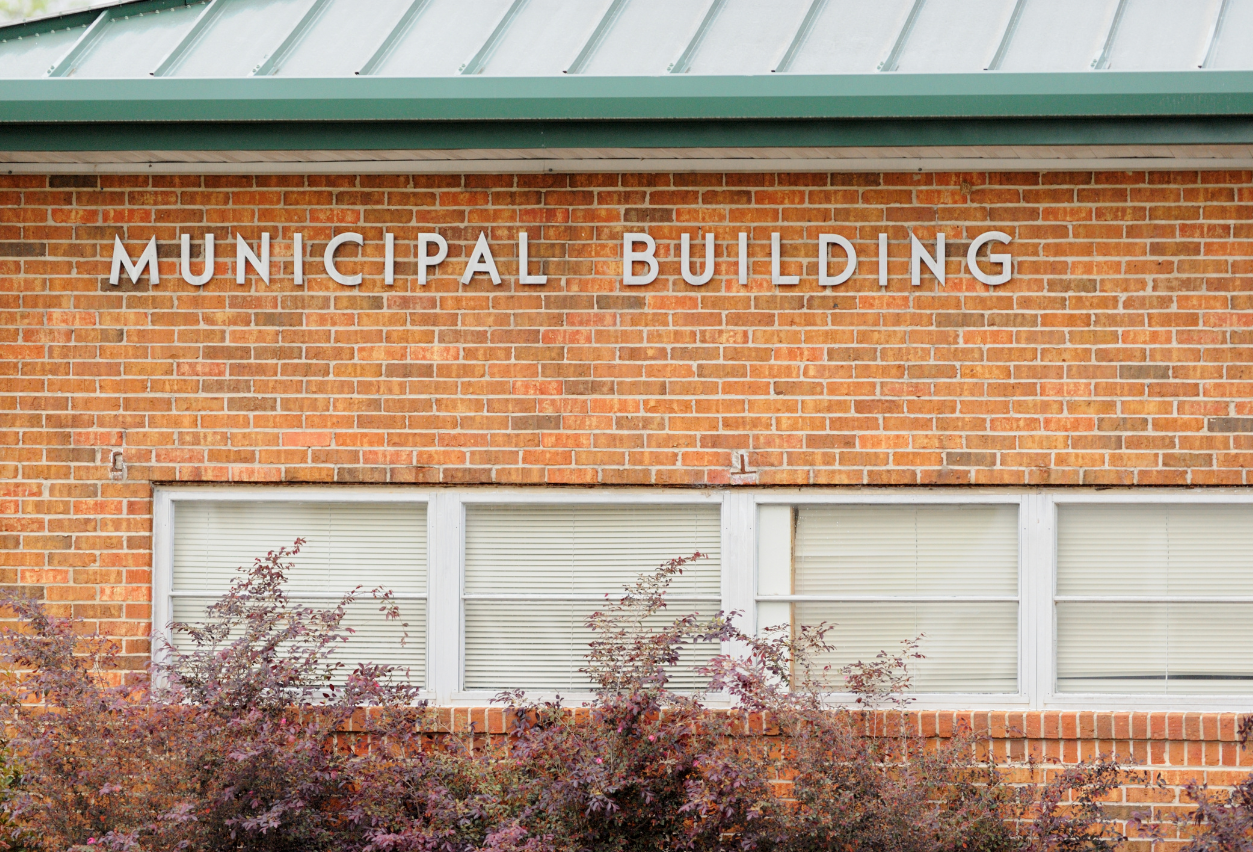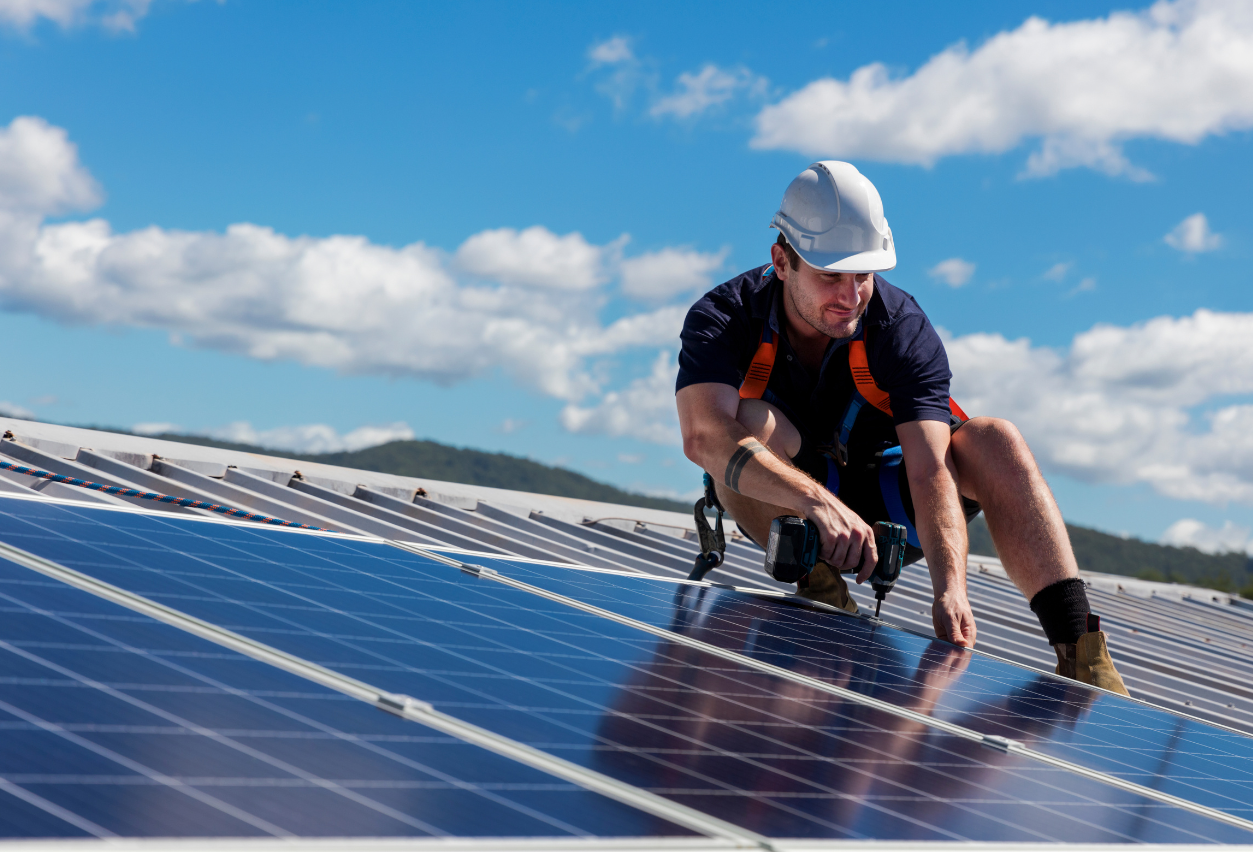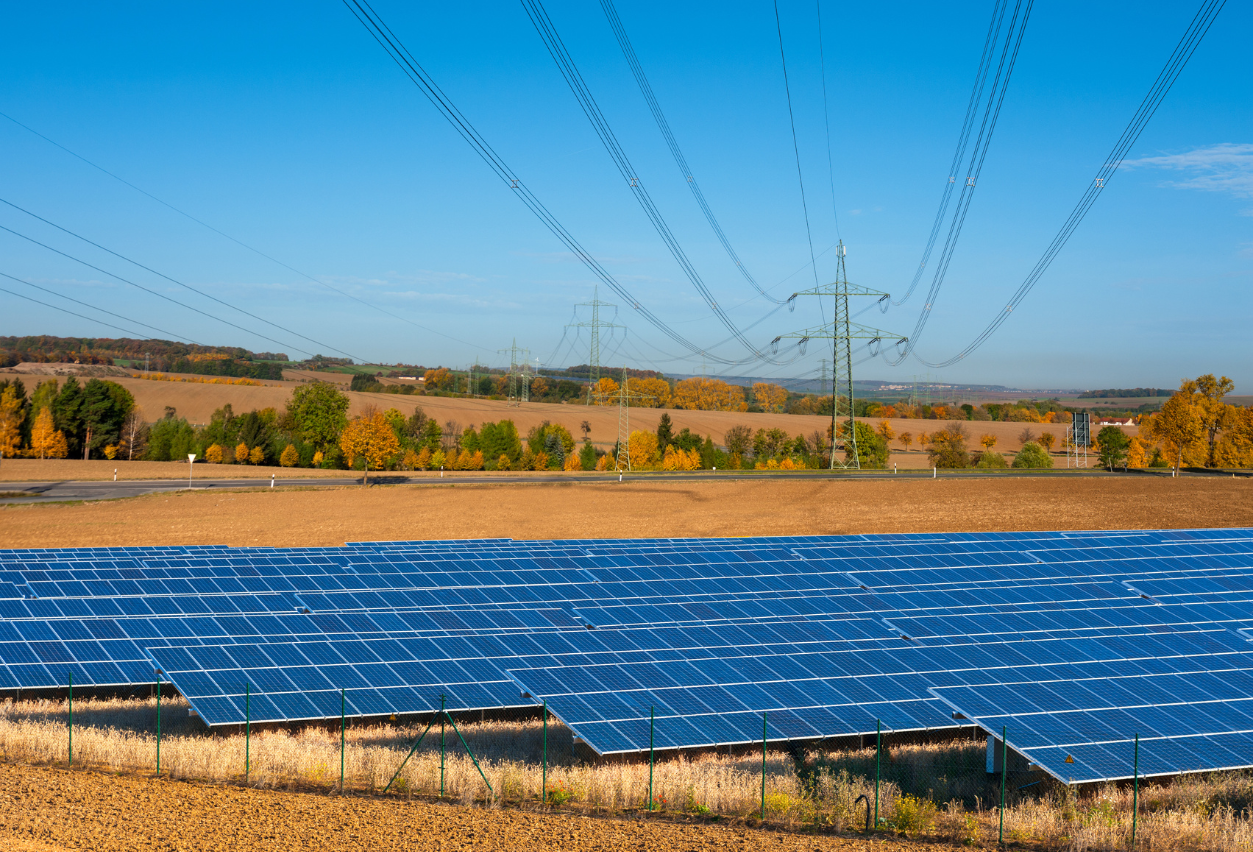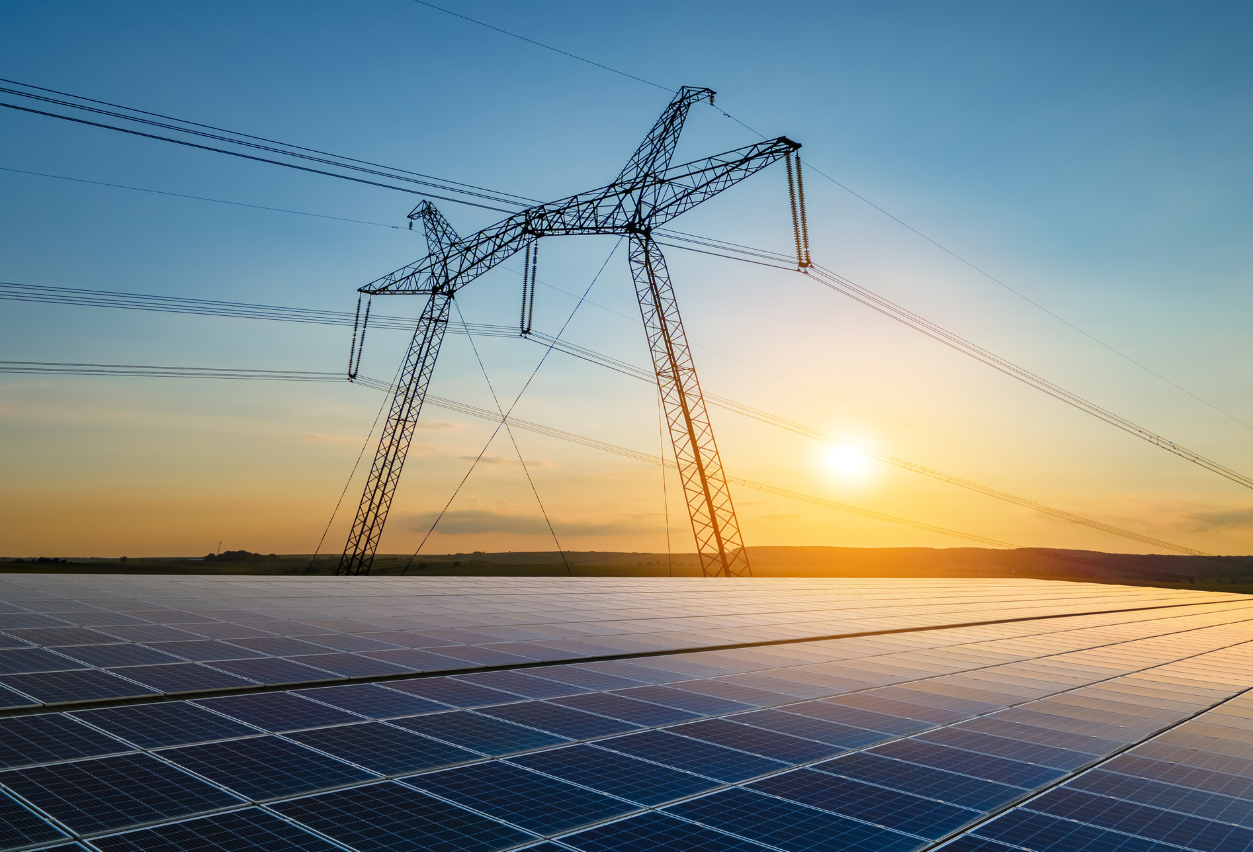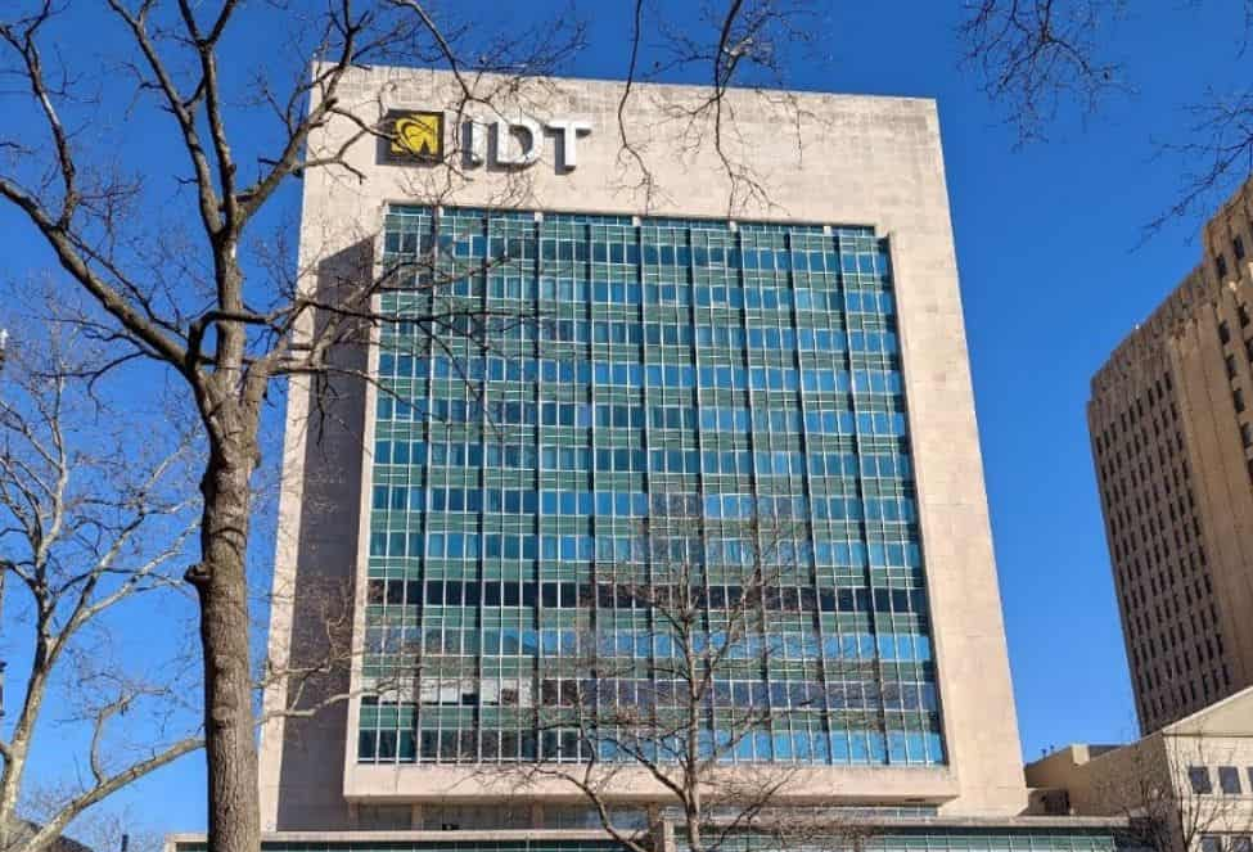For landowners, signing a solar lease agreement is a long-term commitment, typically lasting 20 to 30 years. While leasing land for solar panels provides a reliable stream of additional income, many landowners wonder what happens to the solar system at the end of the lease. There are several possibilities, including lease renewal, solar system decommissioning and removal, or the developer might negotiate to purchase the solar energy system. Understanding what happens when a solar lease ends is critical for property owners seeking to lease land to solar companies. This article explains the decommissioning process, renewal options, and the legal requirements for land restoration after a solar project reaches the end of its lifespan.
1. Understanding Solar Land Lease Expiration
When a solar lease agreement expires, landowners typically have three options:
- Lease Renewal: This allows the landowner to extend the lease for another 10 to 20 years if the site remains viable for solar energy production. This can be a viable option if the solar system is still producing near its capacity and allows for longer revenue streams for the property owner.
- Decommissioning & Land Restoration: This involves removing of the solar panel system and returning the land to its original use. Decommissioning in a land lease agreement is typically the responsibility of the solar developer or lessee.
- Landowner Takeover: Landowners also have the option to negotiate to keep the solar panels and operate the system independently. This option requires landowners to have the competency to operate the solar asset without assistance from a third party.
2. The Solar Farm Decommissioning Process
If the lease is not renewed, the solar project undergoes decommissioning. This process includes:
Step 1: Disconnecting From The Electrical Grid
- Solar developers coordinate with utility companies to safely shut down the system.
- The interconnection application is formally closed, and permits are updated.
- The system’s connection to local power substations is retracted utilizing licensed electrical contractors.
Step 2: Removing Solar Equipment
- Solar panels, inverters, racking systems, and wiring are removed from the site.
- Some components may be recycled or sold for reuse.
- In certain jurisdictions, solar panels are required to be disposed of in an environmentally safe manner. This is the ultimate responsibility of the solar developer.
Step 3: Land Restriction Removal
- At this stage, the land use stipulations in the agreement are removed
- Local zoning that was approved for the project could be changed.
- The landowner is free to utilize the land in any manner.
3. Land Restoration After A Solar Lease Ends
Many landowners worry about how their property will be affected by solar panel installation over the course of the solar lease. Fortunately, modern solar land leasing practices ensure minimal long-term impact. Land restoration is another aspect of a solar land lease that requires developers to restore the land to pre-project conditions.
Key Land Restoration Actions
- Soil Rehabilitation: Any compacted soil is loosened, and nutrients are restored for agricultural use.
- Vegetation Management: Ground cover plants are removed, and native vegetation is reintroduced.
- Infrastructure Removal: Access roads, fencing, and underground wiring are taken out unless the landowner wishes to keep them.
- Soil Grading: The land is graded to ensure proper water flow and that the land is restored to pre-project conditions.
4. Lease Renewal: Extending A Solar Land Lease
If a solar developer wants to continue operating the solar energy system, they may negotiate a lease extension with the landowner. While this is a rare scenario, there are several reasons why a solar lease may be renewed.
Factors Influencing Lease Renewal
- Energy Market Viability: If the solar project remains profitable, developers may offer landowners an updated lease agreement. Increasing retail energy prices or potential virtual power purchase agreements with off-takers could incentive a developer to keep the project active.
- System Condition: Solar panels typically degrade at 0.5% per year; however, if the system performs close to its projected capacity at the end of a term, a renewal might be likely. Having an off-taker to purchase the energy production from the system strengthens the case for renewal.
- Landowner Interest: Landowners may choose to push for renewal based on lease payment rates and land use priorities. If the landowner is earning handsomely from the solar lease and does not have another use for the land, he or she might negotiate for a renewal. Keep in mind, however, that land renewal rates are typically lower than the initial lease.
5. What If a Landowner Wants to Keep the Solar Panels?
In some cases, landowners may choose to take over or purchase the solar panel system after the lease ends. There are several reasons that might drive a landowner to purchase a solar system after a land lease.
Considerations For Taking Ownership
- Grid Connection Agreements: Should the landowner elect to purchase the system, he or she must negotiate with utility companies to maintain the electrical grid connection. This step should be done prior to purchasing the system to insure that the interconnection is still valid for an extended period of time.
- Maintenance & Insurance Costs: Without a solar developer, the landowner assumes full responsibility for system upkeep. This includes maintaining the solar panels, troubleshooting inverter issues, and purchasing insurance policies to cover the solar property.
- Revenue Generation: Landowners might be able to sell excess electricity through community solar programs or power purchase agreements (PPAs). In order to successfully sell the solar production through one of these programs, there are many legal requirements. PPAs are lengthy documents that must be drafted by an attorney. Community solar administration is complicated but can be outsourced to a third party organization.
6. Legal & Financial Considerations At The End Of A Solar Lease
If you are considering entering into a solar land lease, it is important to think through the end of the project. Before entering into any agreements, landowners should consider the following for when the lease expires.
- Review Decommissioning Obligations: Should you not elect to renew the lease or purchase the system, it is important to ensure the solar developer covers removal and restoration costs. These clauses can be lengthy and complex, but err on the side of caution and be sure that 100% of the decommissioning process is the liability of the developer.
- Consult Legal Experts: It’s imperative to seek professional legal advice to understand your contractual rights. Energy contracts should be reviewed by an energy attorney or law firm that is familiar with solar land leasing.
- Evaluate New Leasing Opportunities: You should evaluate several land lease proposals before choosing a solar partner. Inexperienced developers can cause project delays and can even leave your land half-constructed for years with no income from the solar lease. A reputable developer with a track record of success ensures that the project will come to fruition so that your lease payments are guaranteed.
Interested In Leasing Your Land For Solar?
Genie Solar Energy has years of experience developing solar projects across the United States. With the financial backing of a public company, we offer competitive solar land lease rates and give our land partners the confidence they need to enter into a long term agreement. If you are considering leasing your land for solar, contact our team today for a free land assessment.
